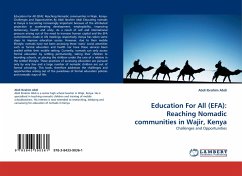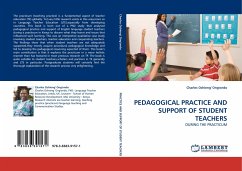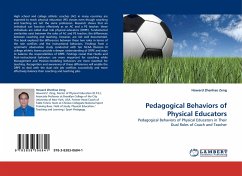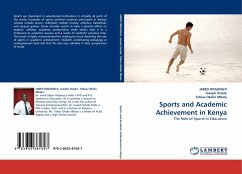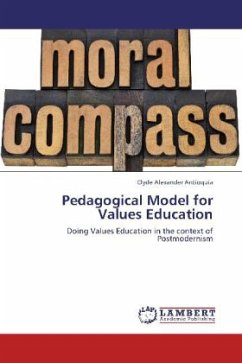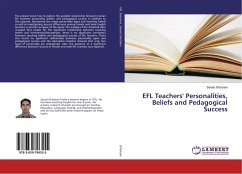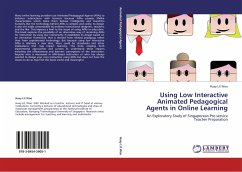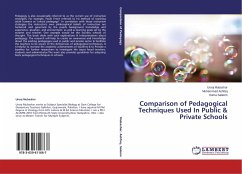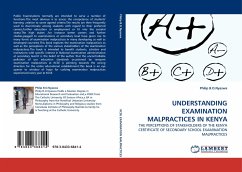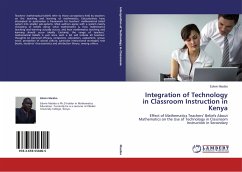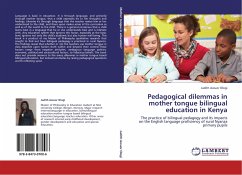
Pedagogical dilemmas in mother tongue bilingual education in Kenya
The practice of bilingual pedagogy and its impacts on the English language proficiency of rural Nyanza primary pupils
Versandkostenfrei!
Versandfertig in 6-10 Tagen
39,99 €
inkl. MwSt.

PAYBACK Punkte
20 °P sammeln!
Language is basic in education. It is through language, and primarily through mother tongue, that a child expresses his or her thoughts and feelings. Likewise it's through language that the teacher makes him or her understood to the child, and there upon makes sense of the curriculum as well as of the world to the child. There is a general consensus that a child learns best in a language that he or she understands best and is intimate with. Any education system that ignores this factor, especially at the basic level, ignores not only the child's academic but also human well being. This book is...
Language is basic in education. It is through language, and primarily through mother tongue, that a child expresses his or her thoughts and feelings. Likewise it's through language that the teacher makes him or her understood to the child, and there upon makes sense of the curriculum as well as of the world to the child. There is a general consensus that a child learns best in a language that he or she understands best and is intimate with. Any education system that ignores this factor, especially at the basic level, ignores not only the child's academic but also human well being. This book is a product of my Master of Philosophy qualitative research that sought to find out how bilingual pedagogy is practiced in rural Nyanza. The findings reveal that whether or not the teachers use mother tongue in class depends upon factors both within and beyond their control.These factors range from negative attitudes, ambiguous language policies, economic, political,and sociocultural factors,to fallacious beliefs. The book does not provide answers to the many dilemmas in mother tongue based bilingual education, but instead concludes by raising pedagogical questions worth reflecting upon.



